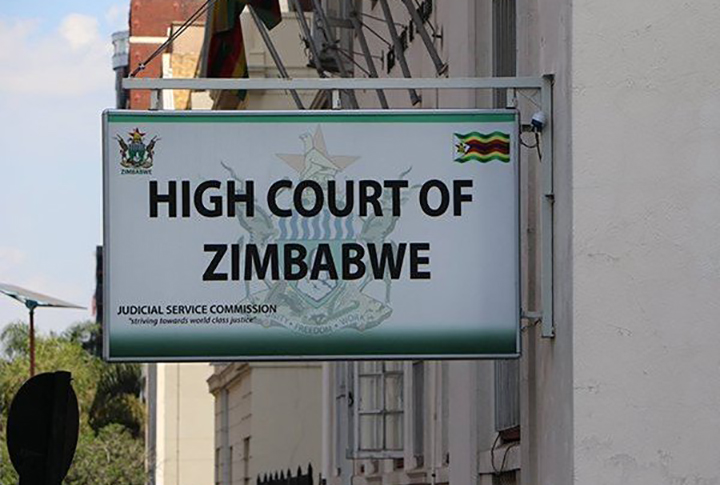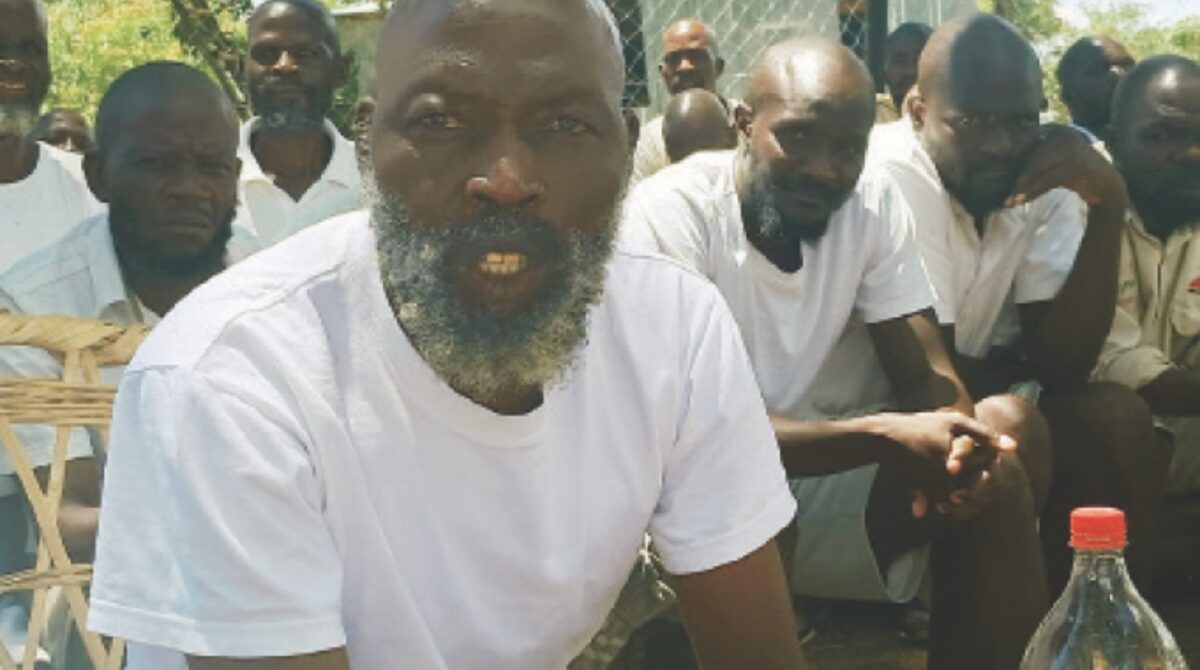HARARE – The case in which teachers’ unions are suing government for shutting them out of wage talks failed to take off Thursday due to shambolic virtual hearing settings at the Harare High Court.
The hearing was set down for High Court hearing before Justice Lucy Mungwari but proceedings were stifled by technical glitches resulting in postponement to September 27.
Advocate Matika, representing the unions, confirmed the development.
“We were supposed to hold the hearing via the Integrated Electronic Case Management System (IECMS) platform.
“The court faced technical challenges and after connecting, the judge could not hear the parties.
“Attempts to resolve failed resulting in the matter being postponed by consent of the parties to Wednesday 27 September 2023,” said Matika.
Teachers’ unions took the government to court over the Public Service Commission’s (PSC) unilateral salary system in December last year.
They argued that it deprives them of their right to form part of the bargaining process.
The unions include ZIMTA, PTUZ, ARTUZ, Educators Union of Zimbabwe (EUZ) and the Civil Service Employees Association (CSEA).
The PSC established the National Joint Negotiating Council through the Public Service Act (NJNC) with the responsibility of determining teacher salaries and working conditions.
Unions argued that the salary-determining system violated teachers’ constitutional rights, which entailed they were party to the collective bargaining process with government over salaries and working conditions.
“Section 19(1) of the Public Service Act [Chapter 16:04] which gives the Public Service Commission and the Minister of Public Service Labour and Social Welfare the authority to unilaterally determine conditions of service of members of the Public Service without going through the collective bargaining process is unconstitutional as it is inconsistent with section 203(1) (b) as read with section 65(5) of the Constitution.
“Section 31 (1) of the Public Service Act is unconstitutional for being inconsistent with section 203(1)(b) of the Constitution in so far as it gives the Public Service Commission and the Minister of Public Service Labour and Social Welfare the power to regulate conditions of service of members of the Public Service without recourse to collective bargaining.
“The Public Service (Public Service Joint Negotiating Council) Regulations, SI 141/1997 is unconstitutional in so far as Section 3 (1) confers on the Joint Council the power to negotiate salaries, allowances and conditions for members of the Public Service whereas such power lies with the Public Service Commission under section 203(1)(b) of the Constitution and subject to the provisions on collective bargaining under s 65 (5) of the Constitution; and The agreements reached at the Joint Council under section 4(f) do not constitute valid collective bargaining agreements as they are mere recommendations to the Minister for Public Service, Labour and Social Welfare,” argued the unions.
The unions said the objective of the NJNC was to engage in mutual consultations, and negotiate salaries, allowances and conditions of service of civil servants.
Teachers have arguably been the most vocal section of Zimbabwe’s giant workforce over poor wages and working conditions since 2018 when the local currency began to fall precipitously through inflation.
The government has tried to sugar-coat the impasse by offering benefits that fall short of the disgruntled educators’ demands for their salaries to be restored to pre-October 2018 levels of a minimum of US$540 per month.















